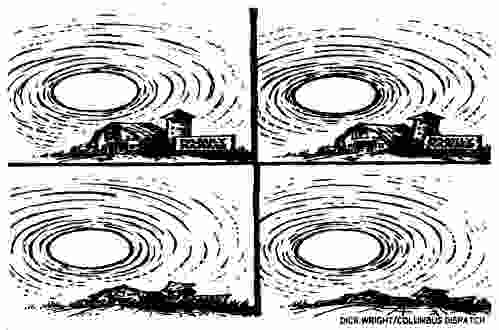agriculture messy industry
Now agriculture is just another messy industry
Klamath crisis shows our lack of compromise, sending industry, and now farming, overseas
THE OREGONIAN, Wednesday, May 9, 2001
We are living on the brink of disaster. When life’s issues are too messy, our selfish culture forces the problem somewhere else rather than dealing with the hard issues of balance.
If we cannot force the problem to another country, it is forced to the less favorable environments within our own boundaries.
The Oregonian has published many stories about urban industry moving out of Oregon, resulting in the loss of jobs and a loss to Oregon’s overall economy.
I think that Oregon and the United States have found that industry is too messy. As a result, industry is forced into foreign countries that are more than happy to have this boost to their economy and live with whatever mess is created.
 In other words: Instead of balancing the needs of industry and the environment within the boundaries of our state and nation, our unwillingness to compromise — to the benefit of both industry and environment — simply forces the mess unto our neighbors, to the detriment of the global environment. Instead of making things better, we are making them worse.
In other words: Instead of balancing the needs of industry and the environment within the boundaries of our state and nation, our unwillingness to compromise — to the benefit of both industry and environment — simply forces the mess unto our neighbors, to the detriment of the global environment. Instead of making things better, we are making them worse.
Similarly, the largely urban populations of Oregon and the United States have found agriculture too messy. Instead of attempting to balance the needs of the environment and agriculture, we are simply on a path to force agriculture offshore as well.
The Oregonian has ignored this alarming trend in its reporting of the Klamath Basin calamity. With the lack of balance between endangered species and agriculture, no water has been provided to 225,000 acres of Oregon farmland. Laborers employed for decades in this three-county farming area are leaving. School populations are being devastated by out-migration. Families established on the land for more than three generations are being split apart.
People are without hope, and depression is rising to dangerous levels. There is genuine concern that some devastated by the loss of their livelihood will commit suicide or that children will resort to expressing their hopelessness by violent means. In addition, there are devastating and consequential impacts to the environment, as habitat for ducks, geese, deer and antelope, among others, is left dry.
In the Klamath region, the problem is messy indeed.
The federal court maintains it’s too messy to order anything other than no water allocations. The federal government finds it too messy to balance competing interests in the face of urban pressure to enforce the Endangered Species Act and policies to move agriculture “out of the neighborhood.” Gov. John Kitzhaber seeks to avoid dealing with the messy problems of rural Oregon and does nothing.
At this point, the God Squad must be convened — scientists empowered, under law, to rule that the Endangered Species Act can be breached. Kitzhaber must take the necessary steps so this federal action can take place — making some sort of sense out of this mess, where human lives are at stake.